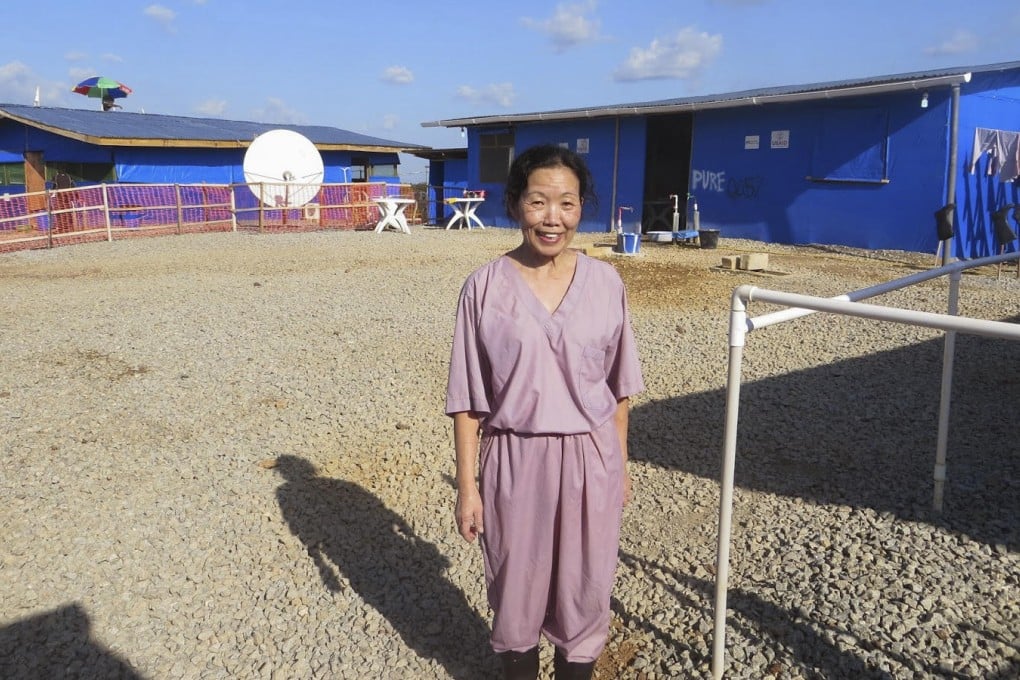The Ebola diary: Dr Kwan Kew Lai's harrowing journal of her time in Liberia
When Ebola broke out in West Africa, Kwan Kew Lai knew she had to act. The mother of three and infectious disease specialist travelled to Liberia, the country with the highest death toll, where she documented her experience

For six weeks, the 64-year-old Malaysian-born specialist in infectious diseases treated victims of the deadly epidemic sweeping West Africa, where nearly 10,000 people have died from the virus (4,162 of them in Liberia) and 24,247 cases have been reported.
Kwan's blog about her harrowing time in Bong County was written for her family, but has been read all over the world. The following is an abridged version …
Tomorrow, I head to Bong, in Liberia, to volunteer with International Medical Corps (IMC), right on the heel of a second Ebola-infected patient in the US, this time a nurse who took care of [Thomas] Duncan, the first Ebola patient in the US.
Daily news of the Ebola outbreak is all over the media. The human toll is difficult to comprehend. After years of being a director of infection control and hospital epidemiologist, and of volunteering in Africa, I knew deep in my heart that I could not sit back. I took a three-day CDC Ebola Training course, at the Department of Homeland Security, along with 35 other healthcare personnel. Donning the full personal protective equipment (PPE), we began to have some sense of what it would be like to work in an ETU [Ebola treatment unit]. The worst day was our last - [trainers simulated temperatures of] 89 degrees F, but it will be much worse in Liberia because of the humidity. This was also the day Mr Duncan died from Ebola.
"Am I afraid of contracting Ebola? Sure, I am human"
Am I afraid of contracting Ebola? Sure, I am human just like everyone else. To date, over 400 healthcare workers have contracted Ebola and over half of them have died. But I cannot sit back and watch the death toll rise. If not for the tediously lengthy process of finding an NGO to volunteer with, I would have been there a long while ago.
We drove [from Monrovia] to Bong. A huge sign in the town announced, "Ebola is real and it is here in Liberia." We had to get down at two road blocks to get our temperature taken. At one station a banner read: "Fight the Ebola virus, Protect yourself, Protect your family, Protect your community."